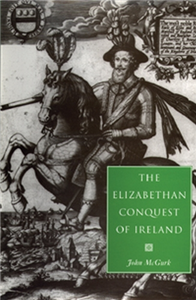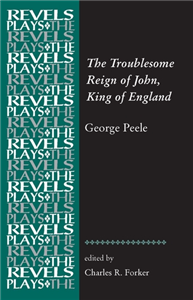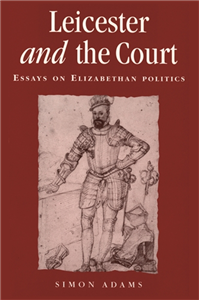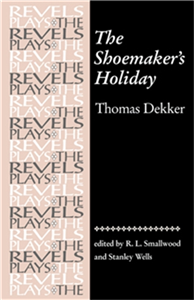Five Elizabethan progress entertainments
by Leah Scragg, Paul Edmondson
Designed to introduce the student or general reader to a largely unfamiliar area of Elizabethan theatrical activity, Five Elizabethan progress entertainments focuses on a group of entertainments mounted for the monarch in the closing years of her reign. Richly annotated, and prefaced by a substantial introduction, the texts enable an understanding of the motives underlying not only the progress itself, but the choice of locations the monarch elected to visit and the personal and political preoccupations of those with whom she determined to stay. Selected for their diversity, the entertainments exhibit the tensions underlying some royal visits, the lavish expenditure entailed for the monarch's hosts and the overlap in terms of both material and authorship between the progress entertainments and the more widely studied products of the sixteenth-century stage.























